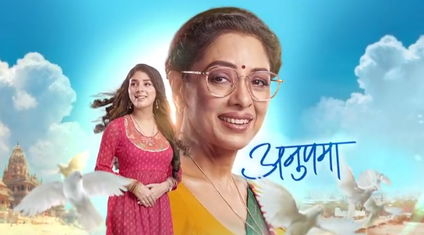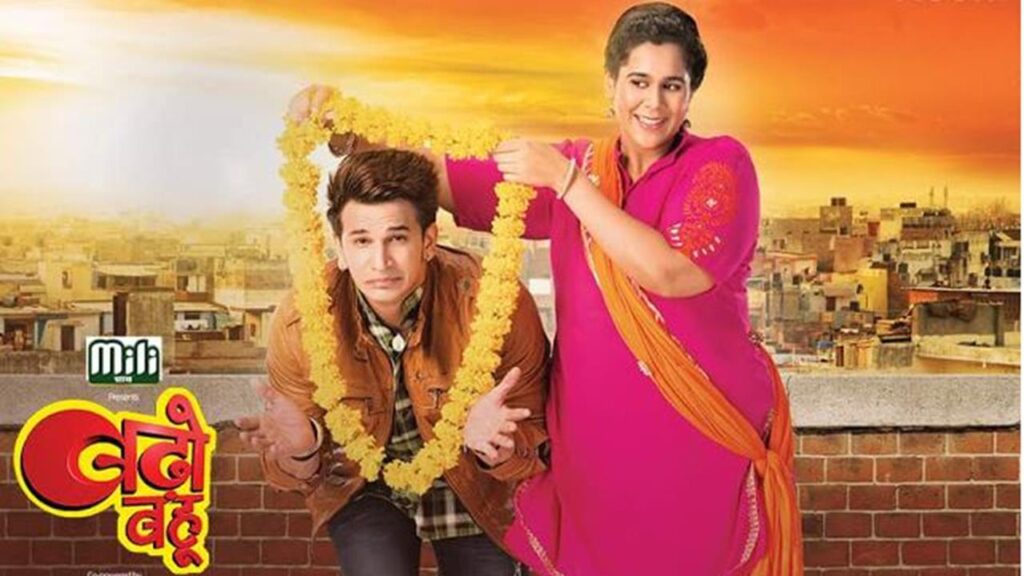
Sipping a cup of tea and preparing dinner for later in the night, we’ve all seen our mothers constantly keeping an eye on the clock for their favorite Indian serials. In an Indian household, every evening feels reserved for these shows—they slowly become part of the family. But why is it just moms and grandmoms who are so drawn to them? And why these serials in particular? What makes them so different from the rest of the entertainment industry?
Critics have said it all. That they are outdated, repetitive, overdramatic. That Indian serials are just one big loop of crying, plotting, scheming, and more crying. They call them time-pass, time-waste, and even torture. But ask any Indian woman, and she’ll tell you! There’s something about these shows that pulls her in. Something familiar. Something deeply hers. They are not just about gaudy music, but representation!
Indian TV serials don’t just tell stories. They whisper truths. They sing lullabies of mundane lives, and scream the silent frustrations of millions of women who never had a stage, never had a script, never had a spotlight.
Serials – Telling Our Stories
The stories might be “same old,” but so is her routine. Wake up. Cook. Clean. Feed the family. Smile. Worry. Repeat. Life doesn’t throw a new plot twist every week in the middle-class Indian household. And neither do these serials. That’s precisely why they work.
Serials offer familiarity. They echo her own kitchen conversations, her unspoken sacrifices, her simmering pain, her rare joys. When she sees a mother-in-law being torn between tradition and modern love, or a daughter-in-law standing her ground in a conservative home, she sees reflections of herself. And when she sees a daughter with dreams too big. She sees the girl she once was.

When Bollywood Looked the Other Way, Serials Walked Right In
Bollywood was always about the extravaganza, the glitz and the shining stars. It seemed as though Bollywood had boarded a flight to Switzerland, got dressed in designer gowns, and started speaking in an accent that didn’t belong in our gallis (streets).
But serials remained. They came in quietly with no red carpets, no multiplexes. Just a simple remote, a cup of chai, and an everyday evening. Serials didn’t serve five-star dreams. They served daily thalis of reality. Sometimes overcooked, sometimes too spicy; but always filling.
Just People Who Look Like Us
Serials didn’t offer sculpted bodies or flawless beauty. Their heroes looked like someone you might run into at the sabzi mandi. Their heroines reminded you of your cousin or your old classmate. No heavy contouring, no foreign brands; just real faces, real emotions.
For the Indian mom, who is constantly made invisible by mainstream media, seeing someone who looks like her on screen is not just comforting, it’s validating. It tells her: You matter. Your story matters.

They Speak the Unspeakable
Yes, there’s drama. But there’s also truth. Indian serials, with all their theatrics, don’t shy away from topics most families whisper about. They raise issues of domestic violence, infertility, gender inequality, widowhood, dowry, honor, mental health, child marriage and more.
For e.g., Gangaa, tackles the story of a child widow. Udaan, speaks of bonded labor. Shakti — Astitva Ke Ehsaas Ki, speaks of Transgender equality. For women who’ve buried these realities deep within, watching them unfold on screen is a strange kind of relief. It’s a feeling of being understood without having to explain. Of being seen without having to raise your hand.

They Become Her Companion
For many mothers, especially homemakers and older women, serials are not just entertainment. They’re company. In a life where conversations often revolve around to-do lists and responsibilities, where the house never stops asking for something, serials offer a moment where she doesn’t have to be anyone’s wife, mother, or daughter-in-law. She just gets to watch. She laughs with the characters. Cries with them. Hates them, forgives them, defends them. They’re her extended family, her invisible friends, her emotional outlet. She doesn’t need a therapist. She has her 7:30 PM show.
So the next time you see your mother watching her serial, grab a cup of tea, sit next to her, maybe help her with the dinner preparations. And watch how her story silently unfolds in front of your eyes. And for more such articles, stay tuned at The World Times.



